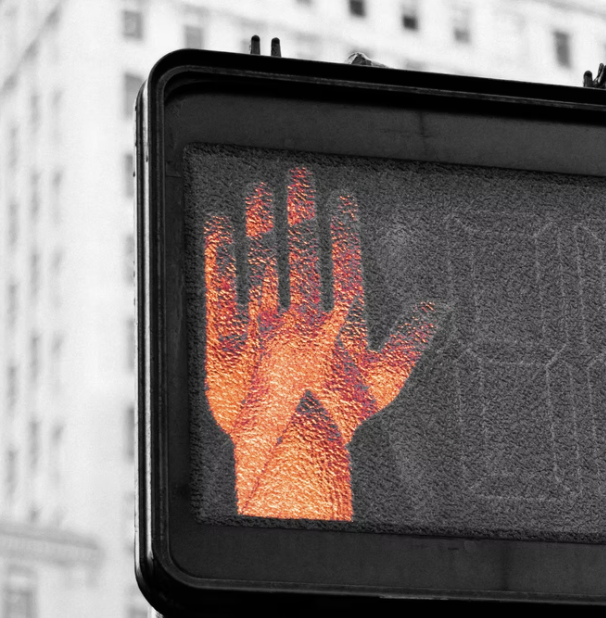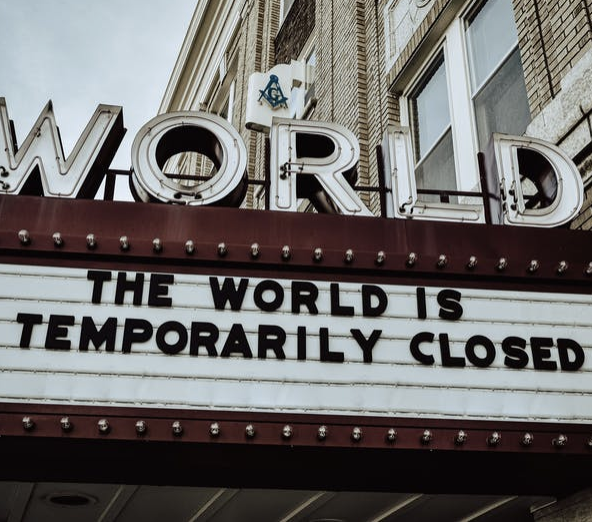Life
adventures, life, non-conformity, questions, risk
TLDR: An asymmetrical risk is one where the potential reward greatly outweighs the potential loss. Identify and take more of these risks.
Every so often, a news article that offers "expert advice" on getting upgraded at the airport makes the rounds. Inevitably, the advice includes something about how you should "dress well and ask nicely."
Real travel experts always roll their eyes at such advice. These days, almost all upgrades are handled through computer systems based on elite status, travel disruptions, and other automated factors.
The travel experts then write their own articles explaining why the advice is dumb, and the process repeats a few months later.
I'm with the real travel experts: the advice on asking for upgrades is just clickbait. Yet I can't help but remember a time many years ago—way back in 2007, I think—when I was traveling from Copenhagen to Chicago.
Read More
















